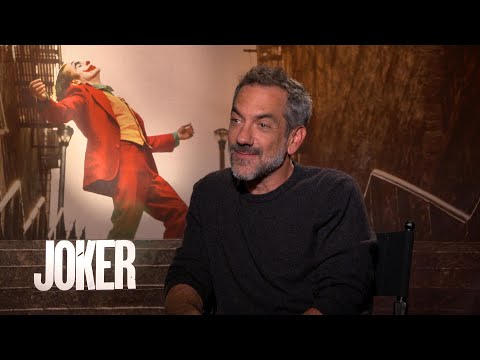In the landscape of cinematic superheroes, few sagas have resonated as profoundly as Christopher Nolan’s Dark Knight Trilogy. From the murky depths of Gotham City, Nolan redefined the superhero genre with his dark, introspective take on Batman, portrayed with compelling intensity by Christian Bale. These films not only revitalized Batman but also elevated the entire genre, blending deep philosophical undertones with blockbuster spectacle.
Yet, amidst universal acclaim, director Todd Phillips, best known for his work on “Joker,” offers a starkly different perspective on Nolan’s revered trilogy. Phillips’ candid admission – “I’m just not a superhero guy” – during a 2016 IndieWire interview, juxtaposed against his later directorial choices, paints a complex portrait of an artist conflicted yet captivated by the superhero ethos.
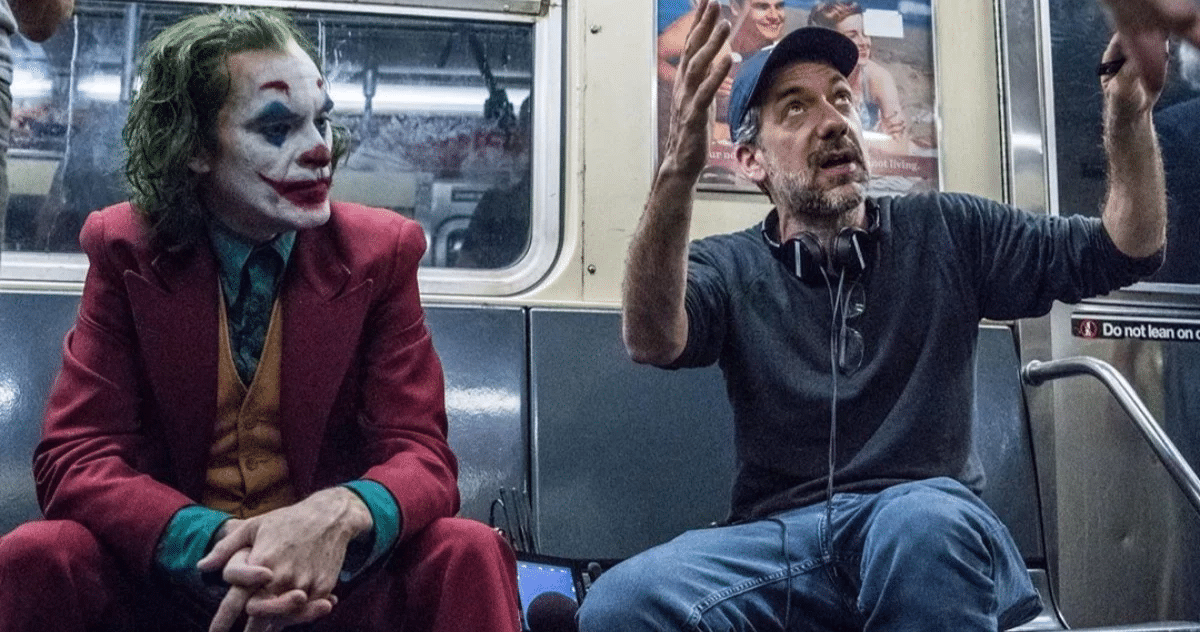
Todd Phillips: A Candid Reflection on Superhero Cinema
While promoting his film “War Dogs,” Phillips expressed a reluctant admiration for Nolan’s craftsmanship, comparing the Dark Knight Trilogy’s cinematic impact to that of the iconic “Godfather” series.
“For me, [Nolan] is the greatest filmmaker, and it’s just mind-blowing what he does,” Phillips remarked.
Despite his praise, Phillips confessed to a general disinterest in superhero films, citing their intensity and volume as personal deterrents.
This stance seems ironic given Phillips’ subsequent dive into the genre with 2019’s “Joker,” a film that not only embraced but also transformed superhero narratives into a gritty, character-driven study that earned both critical and commercial success. This shift from skeptic to storyteller highlights a dynamic tension within Phillips’ career, reflecting broader debates about the legitimacy and artistic value of superhero films.
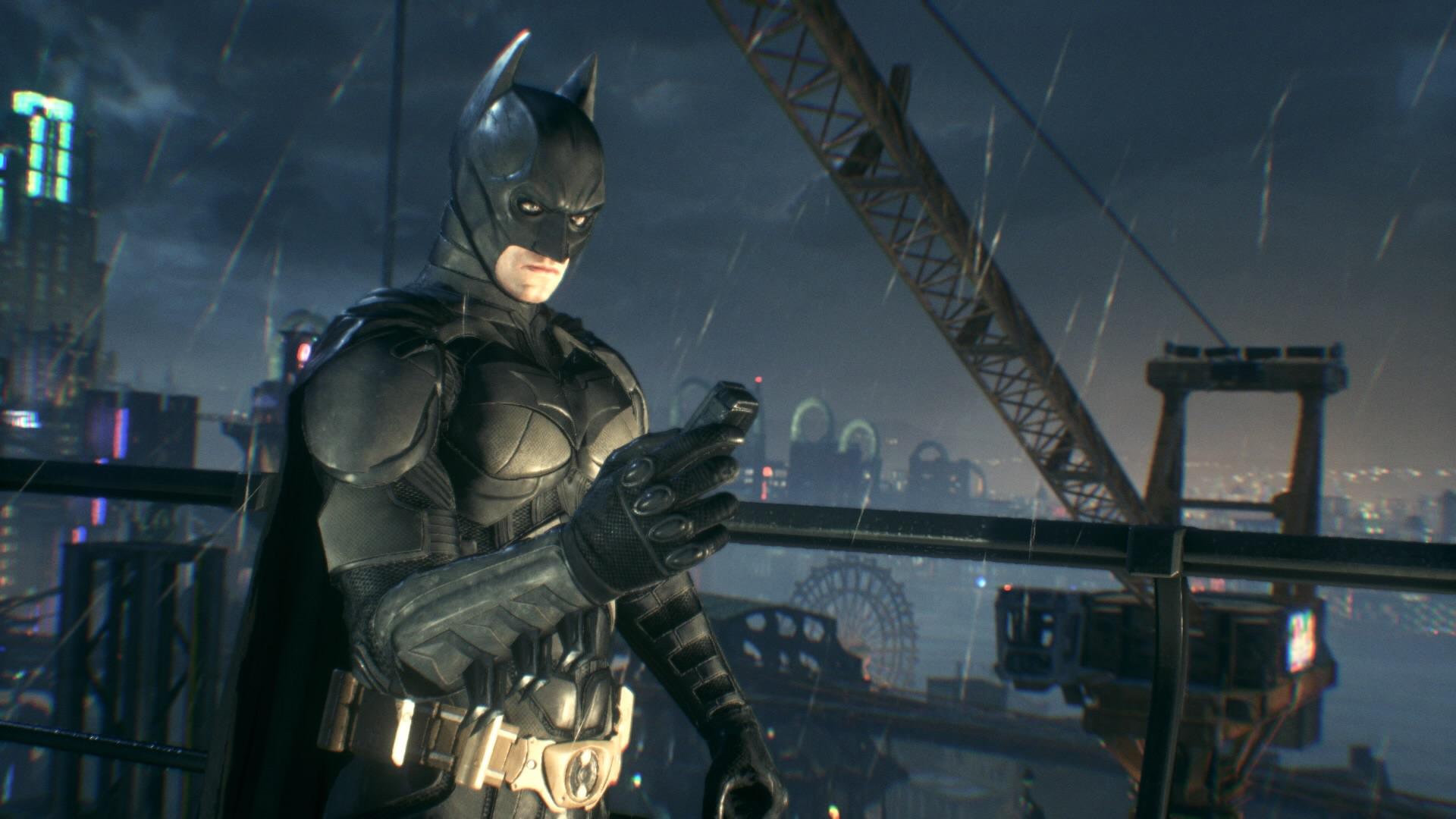
The Spiritual Cinema of Nolan’s Batman
Nolan’s trilogy, beginning with “Batman Begins” and culminating in “The Dark Knight Rises,” has often been described as a spiritual experience. Unlike typical superhero fare, Nolan’s films delve into themes of tragedy, redemption, and human frailty. Each installment builds on its predecessor to deepen the psychological complexity of Bruce Wayne—a portrayal that Bale mastered with quiet intensity.
The reverence for these films persists, undiminished by time or repeated viewings, suggesting an enduring legacy that transcends typical fan admiration. They represent not just milestones in superhero cinema but also in storytelling, where every element from dialogue to cinematography works harmoniously to elevate the narrative.
Navigating a New Era of Comic Book Adaptations
As the comic book movie landscape continues to evolve, with directors like James Gunn steering the helm of the newer DC Universe projects, Todd Phillips’ reflections offer a poignant reminder of the genre’s fluctuating appeal and the commercial pressures that shape it. His journey from critic to creator within the superhero domain underscores a larger narrative of transformation and adaptation in the face of changing audience expectations and industry demands.
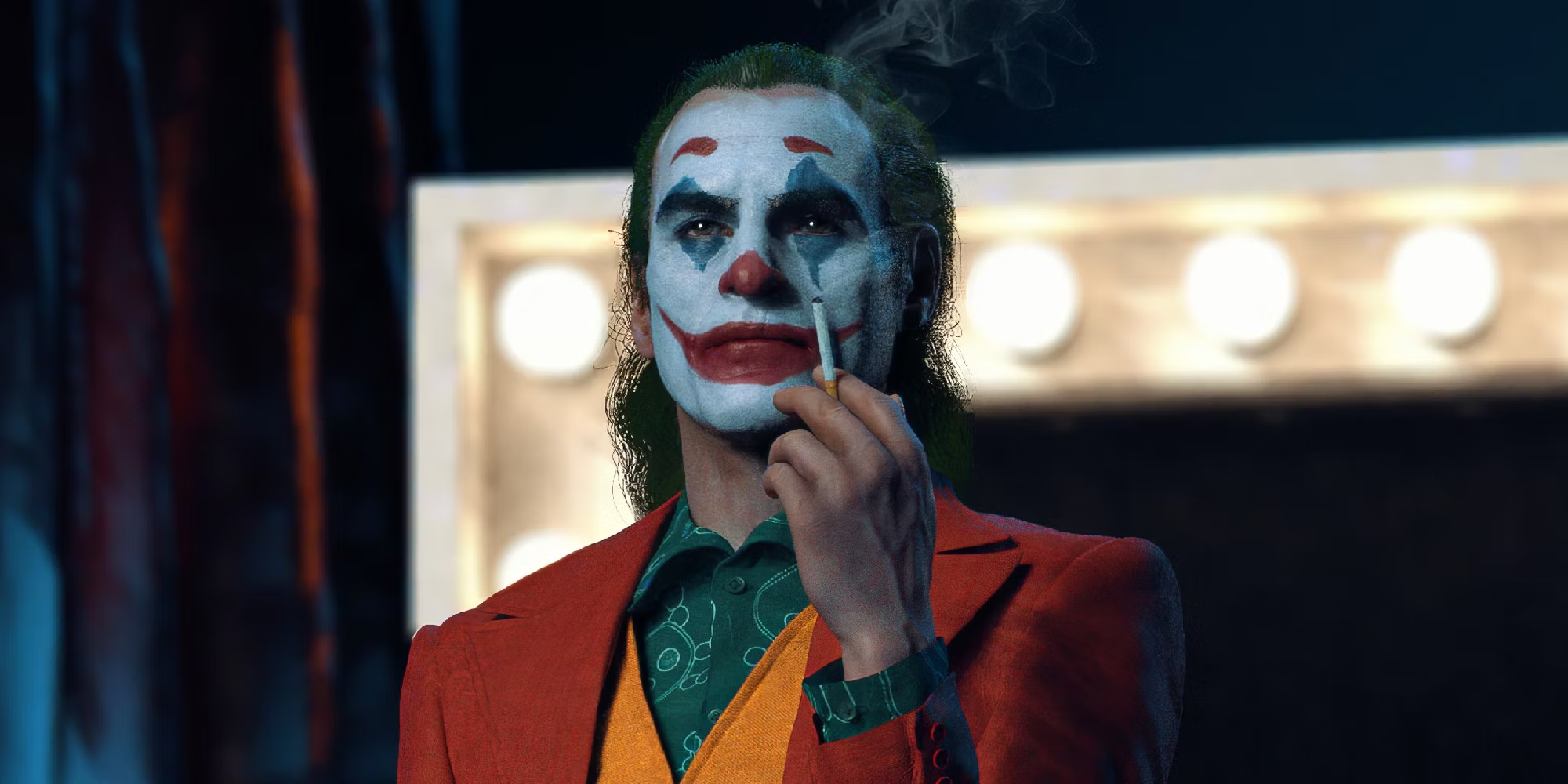
In an era where superhero films dominate box offices and drive major studio decisions, Phillips’ trajectory from disinterest to active participation symbolizes a broader shift. It poses a fundamental question about artistic integrity and commercial viability, challenging both creators and audiences to reconsider what makes a film truly super.
Conclusion: The Paradox of Superhero Cinema
Todd Phillips’ journey through the cinematic landscape of superhero films illustrates a paradoxical blend of skepticism and admiration. His initial reluctance towards the genre—despite acknowledging Nolan’s brilliance—contrasts sharply with his later decision to helm “Joker,” suggesting a complex relationship with a genre that continues to evolve and challenge its boundaries.
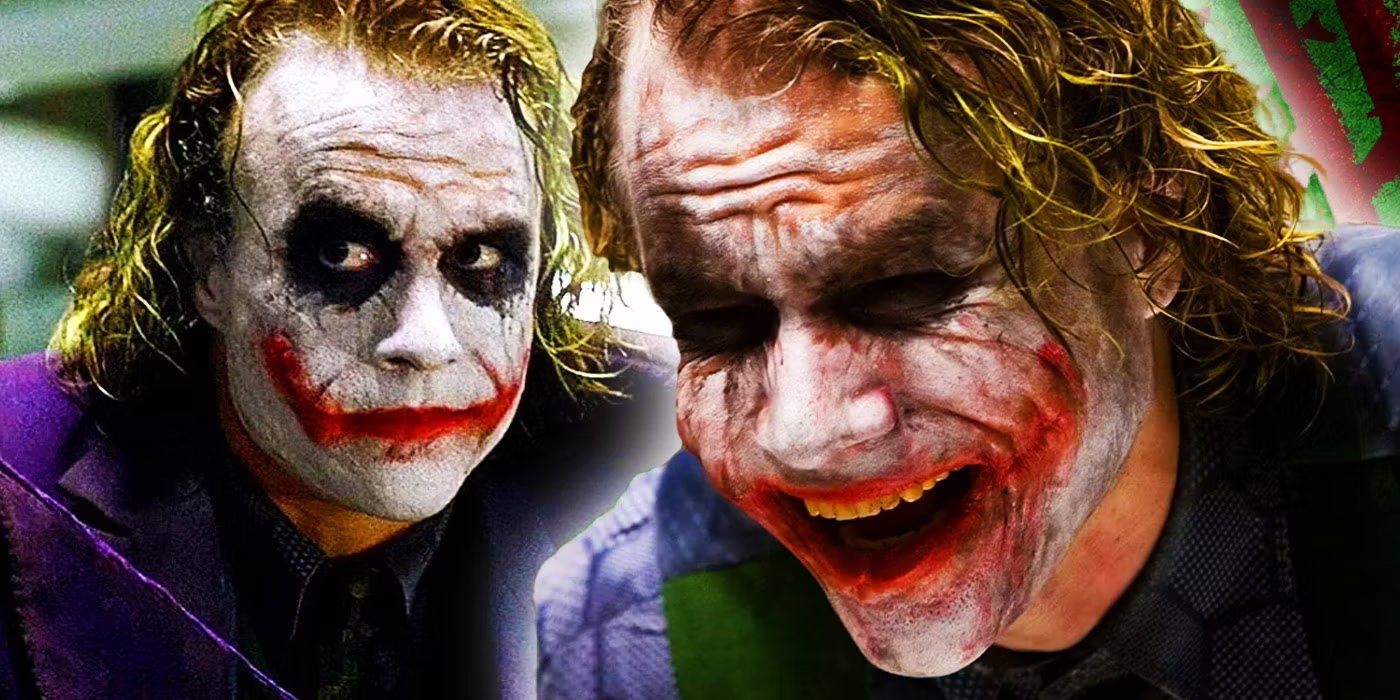
As the debate around the artistic merits of superhero films persists, Phillips’ career offers a case study in the potential for transformation within Hollywood’s most dominant genre. Whether viewed as a capitulation to commercial pressures or as a genuine artistic exploration, Phillips’ engagement with superhero cinema continues to provoke discussion and debate, reflecting the ongoing evolution of the genre itself.
